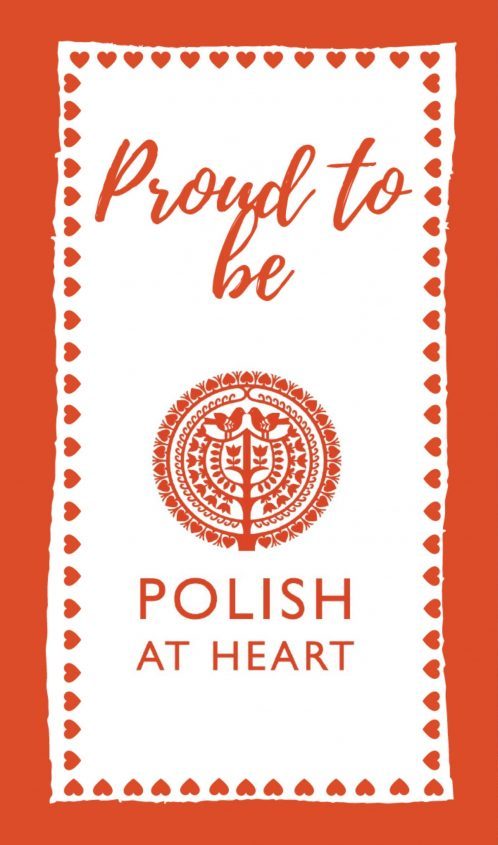Our heritage is often formed or rekindled in the kitchen. We find great pleasure in creating traditional Polish cakes, evoking memories of childhood when delicious scents emanated from the oven, driving us into a frenzy, eager to taste the first slice of cake. Equally thrilling are Poland’s modern takes on age-old recipes handed down through families, as the youngest generation finds inspiration in recreating them. Ren Behan has combined the two with utter perfection in her newest cookbook “The Sweet Polish Kitchen” full of mouthwatering delights.
I’ve know Ren for most of her life – we are both Northern English Poles, born and bred and I am so very proud of her achievements sharing polish culture and cuisine with a world-wide audience. In every book you get a slice of Ren’s extraordinary second generation Polish experience and feel as if you are in her home exchanging family stories.

“the delight The Sweet Polish Kitchen has been giving me is something no realistic person could really expect, which makes it even more of a treat. The recipes are the immediate attraction, to be sure, but Behan’s relaxed, chatty and engaging voice brings them to life with charm and intelligence” Nigella Lawson
For Easter, you can try Ren’s Babka or Bundt recipe – the full on yeast cake not dissimilar to an Italian pannetone but distinctly Polish in flavour or a quicker Almond Bundt with Roasted Rhubarb glaze, made without yeast.
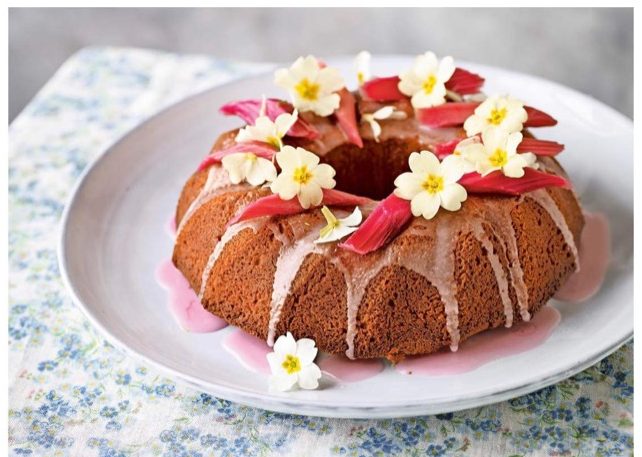
I’ve previously written about the Babka, queen of the Easter table piled high on display [see below] but today I’m sharing with you an accompaniment to the Babka – Ren’s modern Mazurek recipe.
Mazurki (essentially shortbread tarts with varying decorations and fillings )come from the word for a person from Mazowsze (the central-eastern county in Poland) but the actual recipes have a Turkish influence, being very sweet. They have been baked since the 17th century as a year round cake but have only been linked to Easter celebrations since after the War. Wherever the Babka is, the Mazurek also has to be arm in arm. In Polish, Babka also means Granny or old lady and she needs a companion in the form of a Dziad, or its diminutive Dziadek – grandad or old man.
“Easter babki are plump and rosy. With iced skirts or white aprons made of icing sugar, they stand on the table and greet the Dziady. Dziady are short and thin, the thinner the Dziady, the better. Easter Dziady, this is what they used to call the Mazurek” translated from an article by Inka Wrońska in “Wyborcza”, 14 April 2022
Here is the link to Ren’s Mazurek recipe: https://www.pavilionbooks.com/wpcontent/uploads/sites/73/2024/03/SweetPolishKitchen.pdf
Amongst the 80 mouthwatering recipes in Ren’s book, which will take you through summer (delicious strawberry pierogi) to the whole year around and for all those moments when you’re just not sure what to bake.
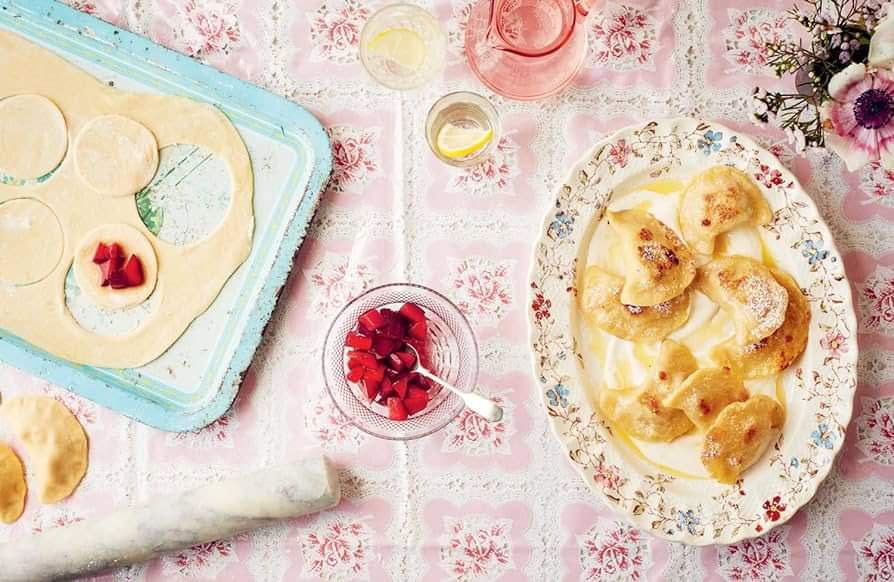
I particularly like the recipes for bread rolls I have yet to try or the sought after śliwki w czekoladzie (plums in chocolate), instead of buying them every Christmas for British friends. Why didn’t I think of making them myself? Well Ren, you’ve set me a challenge there!
Easter cannot be celebrated without a shot of vodka or a nalewka (home-made flavoured vodka) – and Ren provides a wonderful advocat recipe made with egg nog and vodka or brandy. I remember my Babcia making delicious kogel mogel (egg nog) though many people love a shot of wiśniówka (cherry vodka) with their Easter high breakfast of meats, eggs in various forms, babka’s and cake.
Thank you Ren, for making this Easter an extra special one!
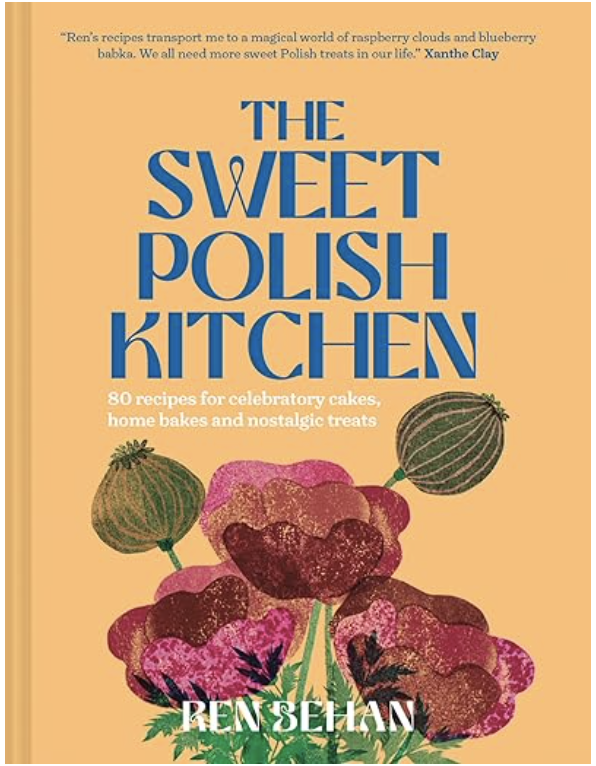
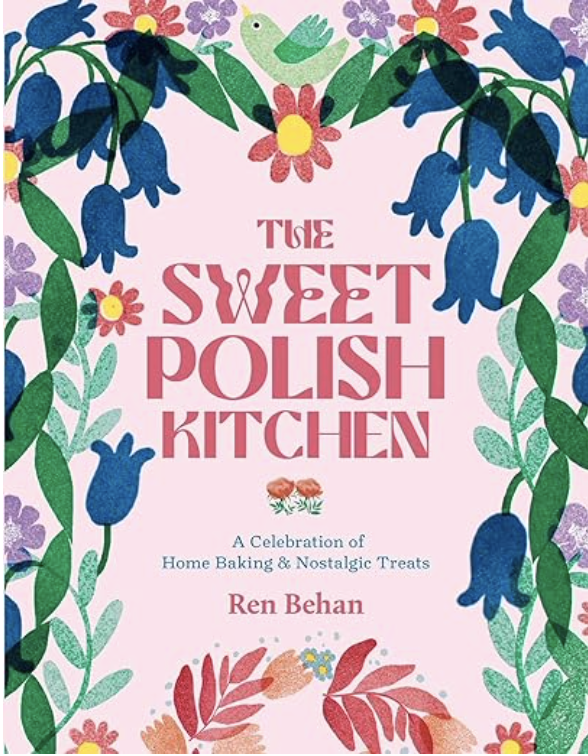
You may also wish to read:
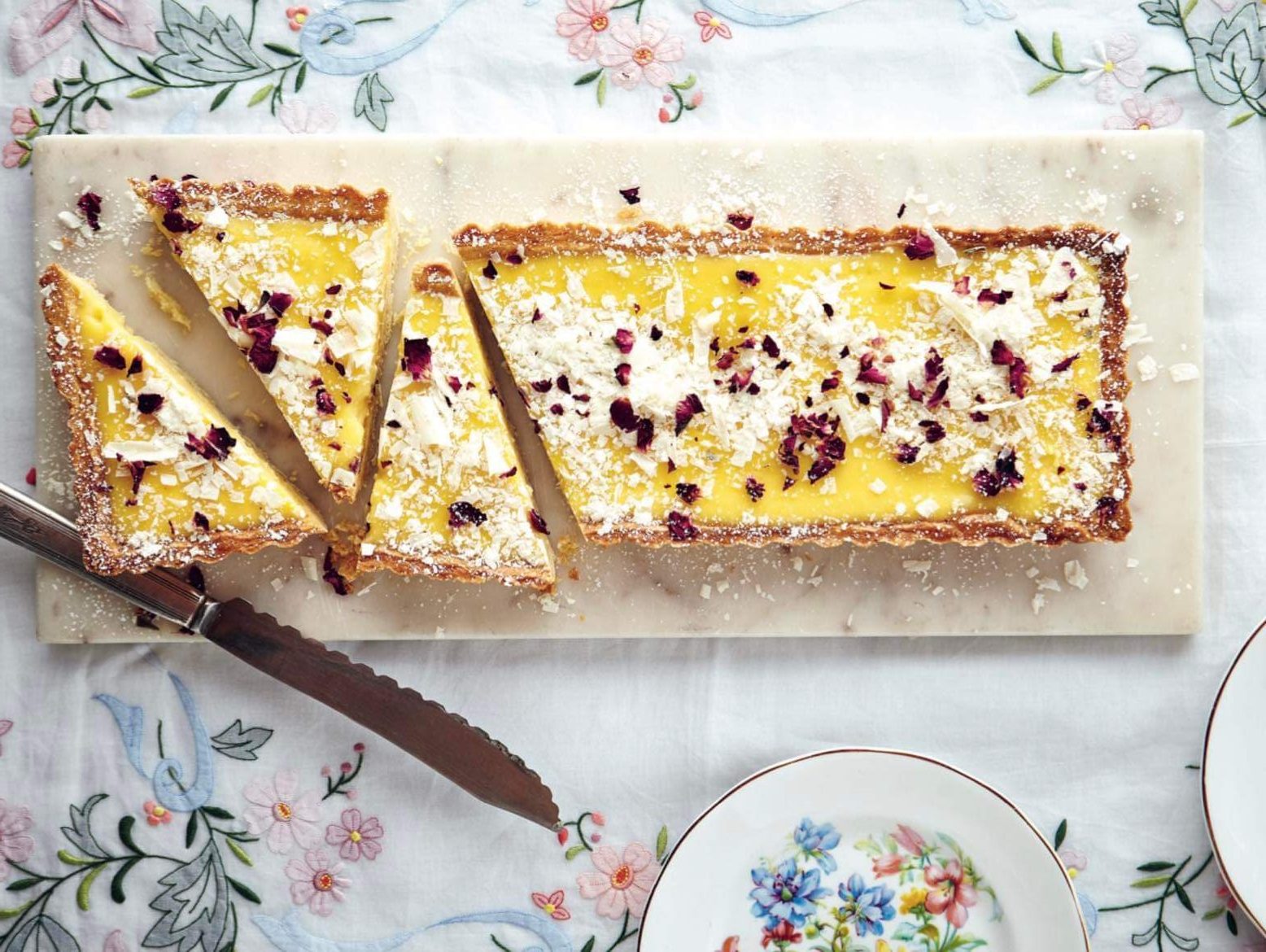
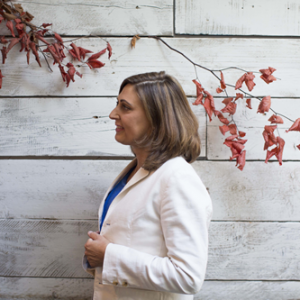
 1.Tracing Family History pre-WW2
1.Tracing Family History pre-WW2 2. Tracing Family History WW2
2. Tracing Family History WW2